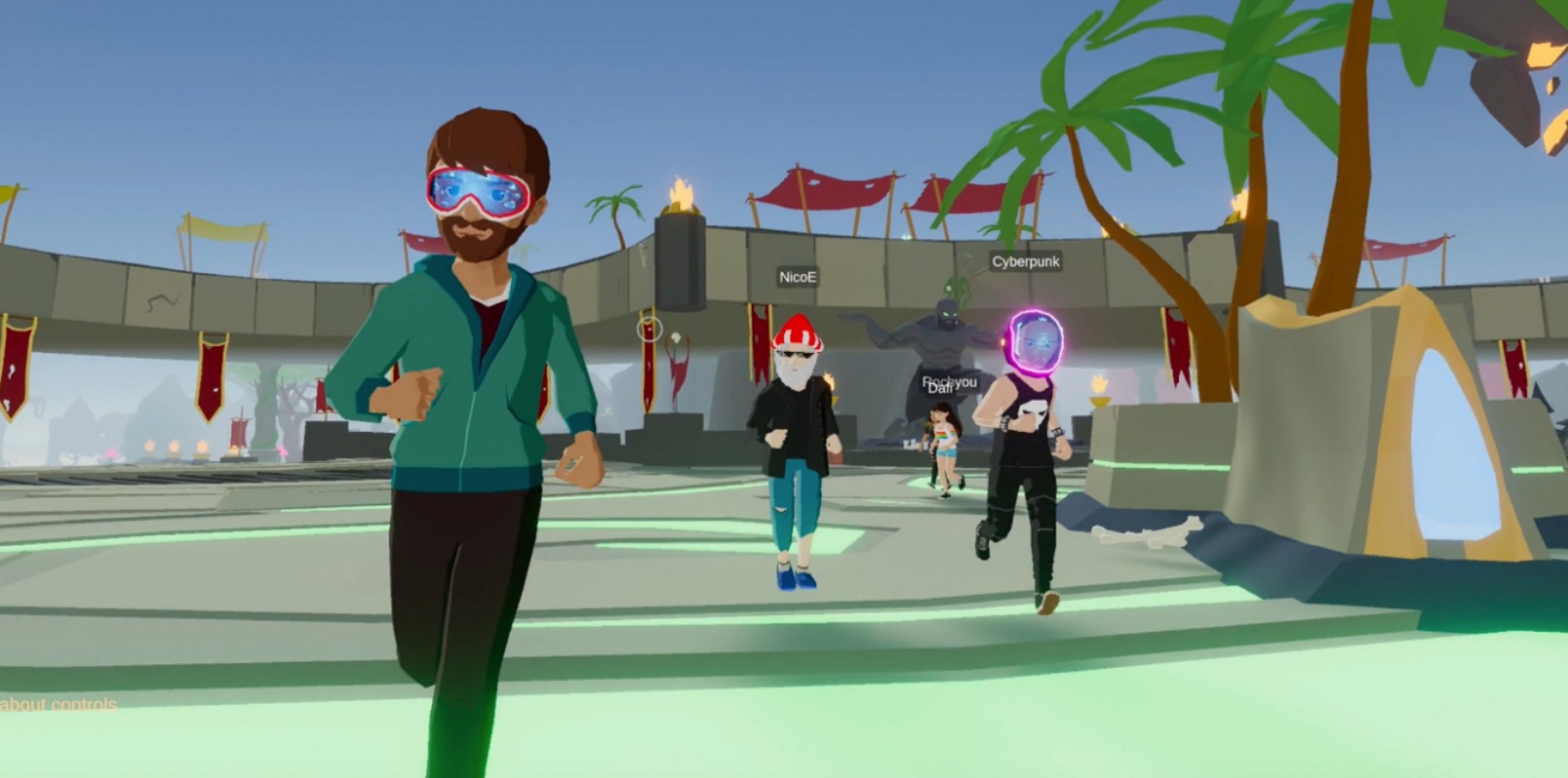BY 2026, one in four people will spend at least one hour a day in the metaverse either working or socialising, according to research company Gartner.
Marty Resnick, research Vice President at Gartner, said: “By 2026, 30 per cent of the organisations in the world will have products and services ready for the metaverse.
“From attending virtual classrooms to buying digital land and building virtual homes, all these activities are currently taking place in different environments.
“Ultimately, they will take place in a single environment – the metaverse – with multiple destinations linked to technology and expertise.”
Once a niche concept loved only by tech enthusiasts, the idea of a centralised virtual world became mainstream in 2021, as shown by Facebook’s decision in October to rebrand as Meta.
There’s no universally accepted definition for the “metaverse,” other than it being a successor to the internet as we know it.
But Gartner defines it as “a collective virtual shared space, created by the convergence of virtually enhanced physical and digital reality.
“It is persistent, providing enhanced immersive experiences, as well as device independent and accessible through any type of device, from tablets to head-mounted displays.”
The metaverse can be a video game such as Roblox and Fortnite, which has millions of daily users, where players build their own worlds.
A work meeting or a party where people use a digital avatar.
And as no single company or person owns “the metaverse”, Gartner predicts the space will have a virtual economy enabled by cryptocurrencies and NFTs, so by owning these assets, you’re part of the metaversal experience.


